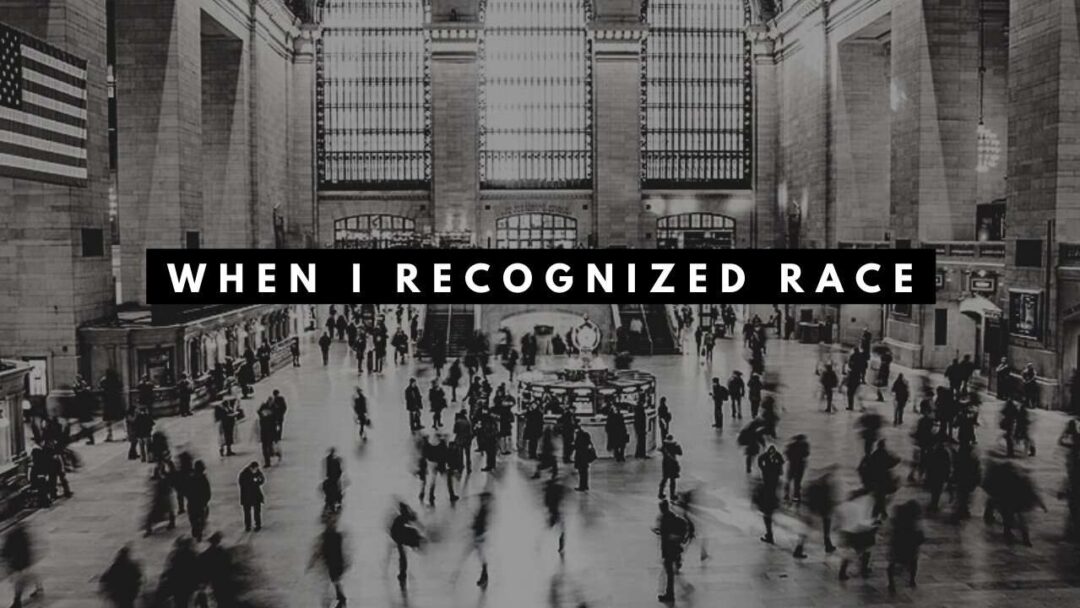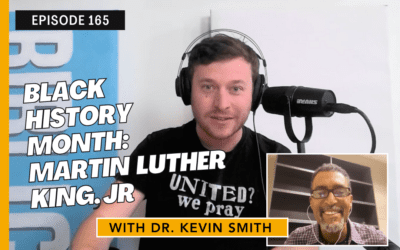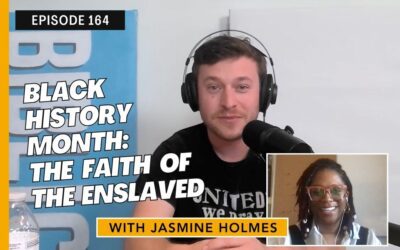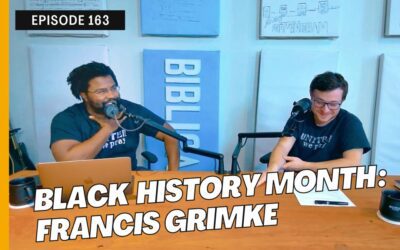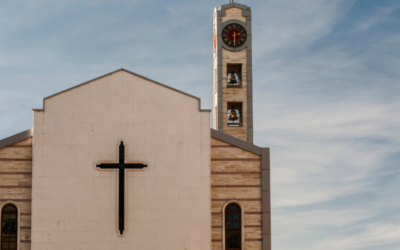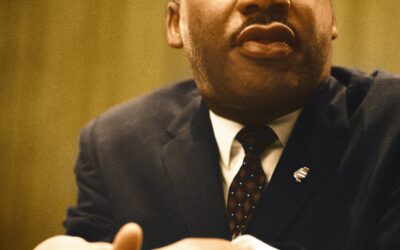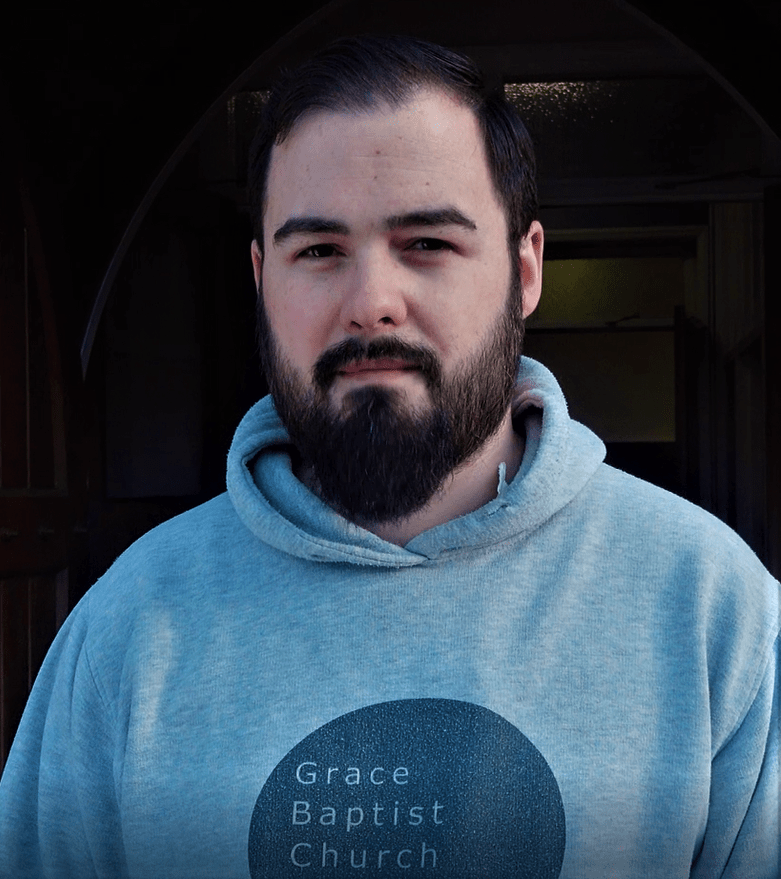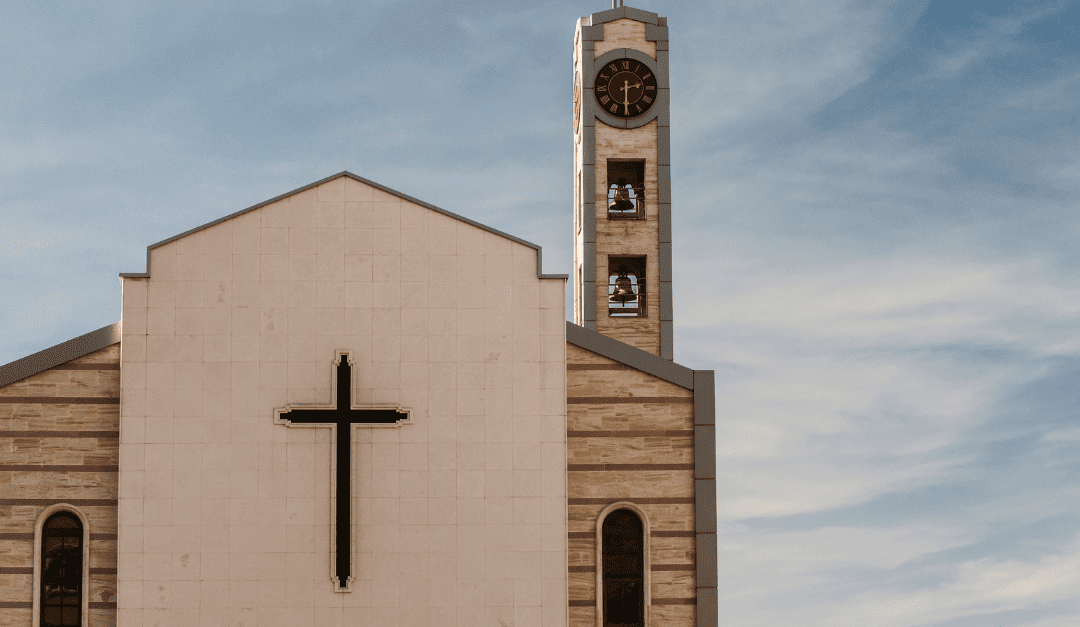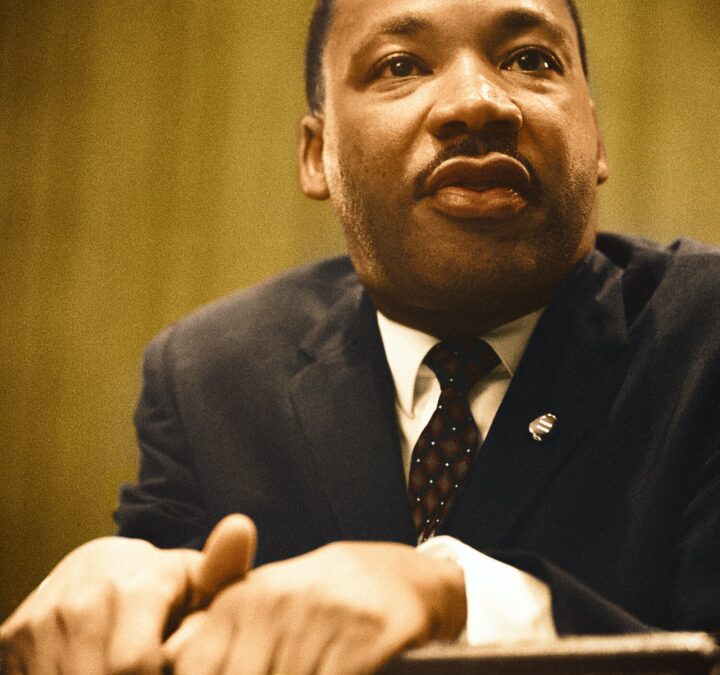“At the end of the American Civil War in 1865, a Union soldier observed that the remains of the Confederate army consisted of boys and old men. Upon asking what had happened to ‘Johnny Reb’, he was told, “he died at Gettysburg”. That statement may or may not be true…It is but for us to decide whether Johnny Reb died at Gettysburg, died with the death of the last Confederate veteran in the 1950s, or still lives in the South to this day.”
When I Recognized Race: Ryan King. At age 13, I posted a blog, the first in a series of planned posts that would have glorified the Confederacy and ignored or explained away its defining sins and toxic legacy. I recently found some incomplete scribblings of the conclusion to that first post, partially transcribed above. Count your blessings: the final version was, as I recall, even worse.
I spent the first decade of my life in rural Arkansas. Unbeknownst to me, I walked the ground and breathed the air of white supremacy. The history that surrounded me is something I have only come to understand and lament with time and the intentional pursuit of truth. I knew about racism – enough to hate it, and would have scoffed at the idea that I could hold any views that would fit neatly with racist attitudes, actions, systems, and structures. And yet I would.
I recognized the bare human realities and basic biblical principles of race and racism, but there was brewing in my early adolescence a cognitive dissonance that if not addressed could have caused great harm to others and to myself. My family had moved to one of the world’s most diverse cities, London. I had black friends, was a member of a black-majority church, then a founding member of a black-majority church plant. However meritorious these things may appear, they were external and did not change the worldly Confederate Lost Cause philosophies that had insidiously wormed their way into my imagination. Somehow, as an enthusiastic reader and history student, I had arrived at the conclusion that slavery and the brutalization of black people played a minor role in the Civil War and Southern culture. The Confederacy was not far-off from being a Christian nation, its generals were virtuous gentlemen, its flags and monuments were tributes to a glorious heritage and cause, instead of idols and white supremacist relics.
So I posted a blog, and had a few other posts in the pipeline. At the end of the series I planned to detail tensions I had felt on a trip back to America in 2004 and what I perceived to be a rising tide of pro-Confederate thought. A key anecdote would be a large room of Southern pastors erupting in aggressive disagreement when a “Yankee” gave a devotional at a missions conference and implied in an illustration that he thought slavery was a very serious part of historic Southern culture and a major cause of the Civil War. The South would “rise again”, and that would be a good thing, was my argument.
My dad discovered what I had written later that day. It felt like the whole house shook. I still remember him reading aloud with justified disgust some melodramatic nonsense at the piece’s conclusion. He set the facts straight, made me delete the post, banned me from blogging, and said I would thank him one day. He talked with me about intent (in my mind, I truly was not thinking anything against black people) and impact – truth be told, I was not thinking anything about black people…but I should, because what I had written was wrong and deeply harmful, and thus in fact whether I meant it or not, against black people. What I had written was fundamentally out of step with a Christ-centered, gospel-driven love for many people, and as such, I was not being the good neighbor Christ would have me be.
Sadly, I wasn’t wrong about the tensions, fractures, or even resurgent Confederate ideology I had observed. I was wrong about the side I took. I now look at the divided, embittered, and outraged country of my birth and grieve. Join me.
Prayer Requests:
- Pray for greater knowledge and comprehension of history, culture, and how Scripture speaks to both.
- Pray for greater conviction of racial sin – and actually confess your own!
- Praise God for faithful parents, and pray that they will train their children to fully love God and neighbor.
- Pray for patience with people with whom you disagree. They may be wrong and need to be more where you are at. You may be wrong and need to be more where they are at. Ultimately though, we all fall short of where God is at.
- Pray that we will never be too proud to listen more carefully, to learn more fruitfully, to live more faithfully and to love more consistently.
- Praise God for his grace, the freedom to confess and repent, and the promise of forgiveness for all of our sinful foolishness.

